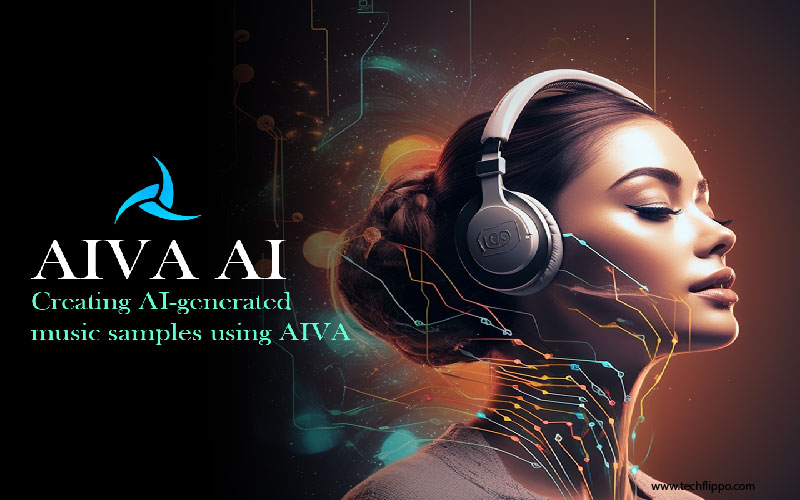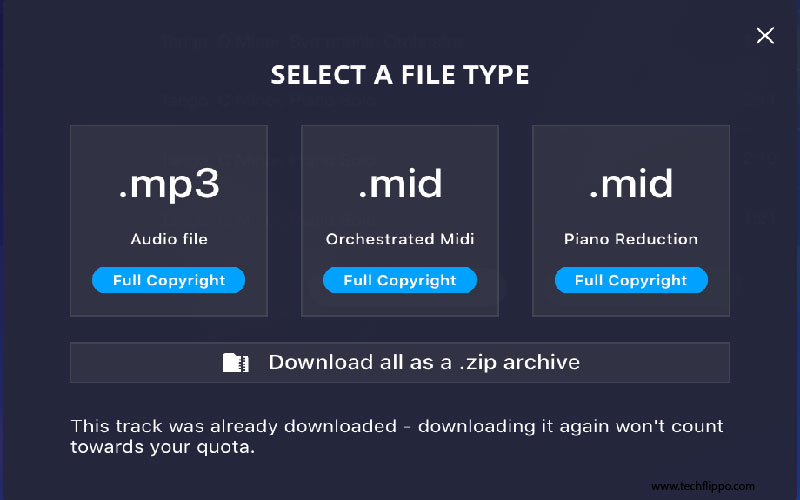What is AIVA’s Role in AI-Generated Music
Music has always been a deeply human experience, weaving emotions into melodies that resonate across cultures and generations. Yet, as technology evolves, we find ourselves at the intersection of creativity and innovation. Enter AIVA—a revolutionary tool in the world of AI-generated music. What if you could harness artificial intelligence to compose original soundtracks? This concept is no longer just a dream; it’s becoming a reality with platforms like AIVA leading the charge. As we delve deeper into this fascinating domain, we’ll explore how AIVA is reshaping the music industry and what it means for artists and listeners alike. Get ready to discover how AI is not only changing how music is created but also challenging our understanding of artistry itself.

The rise of AIVA in the music industry
AIVA has rapidly emerged as a transformative force in the music industry. This AI-driven platform is redefining how composers and producers approach their craft.
Musicians are leveraging AIVA to generate unique melodies and harmonies, streamlining the creative process. Its ability to analyze vast amounts of data allows it to produce compositions that resonate with diverse audiences.
The rise of AIVA coincides with an increasing demand for original content across various media platforms. From commercials to video games, its versatility caters to different genres and styles.
Moreover, collaborations between human musicians and AIVA have sparked excitement within the industry. These partnerships blend technology with traditional artistry, leading to innovative soundscapes that captivate listeners.
As more professionals embrace this tool, its influence will only grow stronger in shaping contemporary music trends.
How does AIVA work?
AIVA operates using advanced algorithms and machine learning techniques. It analyzes vast amounts of musical data, including compositions from various genres and styles. This rich dataset allows AIVA to understand the nuances of music theory.
Once it digests this information, AIVA can create original pieces by predicting which notes should follow others based on patterns it has learned. It incorporates elements like rhythm, harmony, and melody into its compositions.
Musicians can interact with AIVA through a user-friendly interface. They input parameters or select specific styles they want to explore. The AI then generates music that aligns with these choices.
AIVA continually refines its abilities as it receives feedback from users and adapts to emerging trends in music composition. Its capacity for creativity is not just about replication; it’s about innovation within established frameworks.
Advantages of using AIVA for music production
AIVA offers a range of advantages for music production that can redefine creative possibilities. For starters, it streamlines the composition process. Musicians can generate complex scores in minutes, saving time without sacrificing quality.
Another significant benefit is its versatility. AIVA can produce various genres, from classical to electronic, catering to diverse musical tastes and projects.
Collaboration becomes effortless with AIVA as well. Artists can use AI-generated compositions as a foundation or source of inspiration, fostering new ideas and breaking through creative blocks.
Moreover, AIVA helps democratize music creation. It allows individuals without extensive training to experiment with composing their own pieces. This accessibility encourages more people to engage with music production.
Additionally, the consistency provided by AIVA ensures that musicians maintain a high standard in their work while exploring innovative soundscapes they might not have considered otherwise.

Controversies surrounding AI-generated music
AI-generated music has sparked a heated debate among artists, producers, and listeners alike. One major controversy is the question of authorship. Who owns the rights to music created by an AI like AIVA? Is it the programmer, the user who requested the composition, or should AI even possess copyright?
Another concern lies in originality. Critics argue that AI systems often rely on existing works for training data. This can lead to accusations of plagiarism or uninspired replication rather than true creativity.
The role of emotion in music creation also raises eyebrows. Can a machine ever replicate genuine human feelings conveyed through sound? Many believe that emotional depth is essential to impactful music and question whether AIVA can deliver this authenticity.
There are worries about job displacement within the industry as more musicians turn to technology for assistance. The balance between innovation and tradition hangs in uncertainty as debates continue to unfold.
Future implications of AIVA and AI in the music industry
The future of AIVA and AI in the music industry is brimming with potential. As technology advances, we can expect even more sophisticated compositions that mirror human creativity.
Imagine personalized soundtracks generated specifically for individual listeners based on their moods or preferences. This kind of customization could revolutionize how people experience music across various platforms.
Collaboration between artists and AI tools like AIVA may become commonplace. Musicians might harness artificial intelligence to enhance their creative processes rather than replace them.
Moreover, as licensing issues evolve, we could see new frameworks emerging to address ownership rights surrounding AI-generated works. This shift would challenge traditional notions of authorship in the music world.
AI’s ability to analyze trends will likely influence what gets produced next. With insights drawn from massive data sets, it might just predict the next big hit before anyone else does.
Conclusion
AIVA stands at the forefront of a rapidly evolving music landscape. As AI-generated music gains traction, AIVA’s innovative approach reshapes how we understand and create sound.
By leveraging advanced algorithms, AIVA offers musicians an unprecedented tool for inspiration and production. It generates compositions that resonate with audiences, blending technology with artistic expression in ways previously unimagined.
While AIVA enhances creativity in many respects, it has sparked debates about originality and the role of human composers. Critics voice concerns over authenticity and emotional depth in AI-generated works. However, supporters argue that such technologies can coexist with traditional methods to enrich the musical tapestry.
Looking ahead, AIVA’s influence is likely to grow as more artists embrace its capabilities. The potential for collaboration between humans and AI presents exciting opportunities for innovation within the industry.
As creators navigate this new terrain, one thing remains clear: AIVA is not just a tool; it’s a transformative force reshaping our relationship with music. Embracing these advancements could lead to groundbreaking developments that redefine what it means to be a musician today.